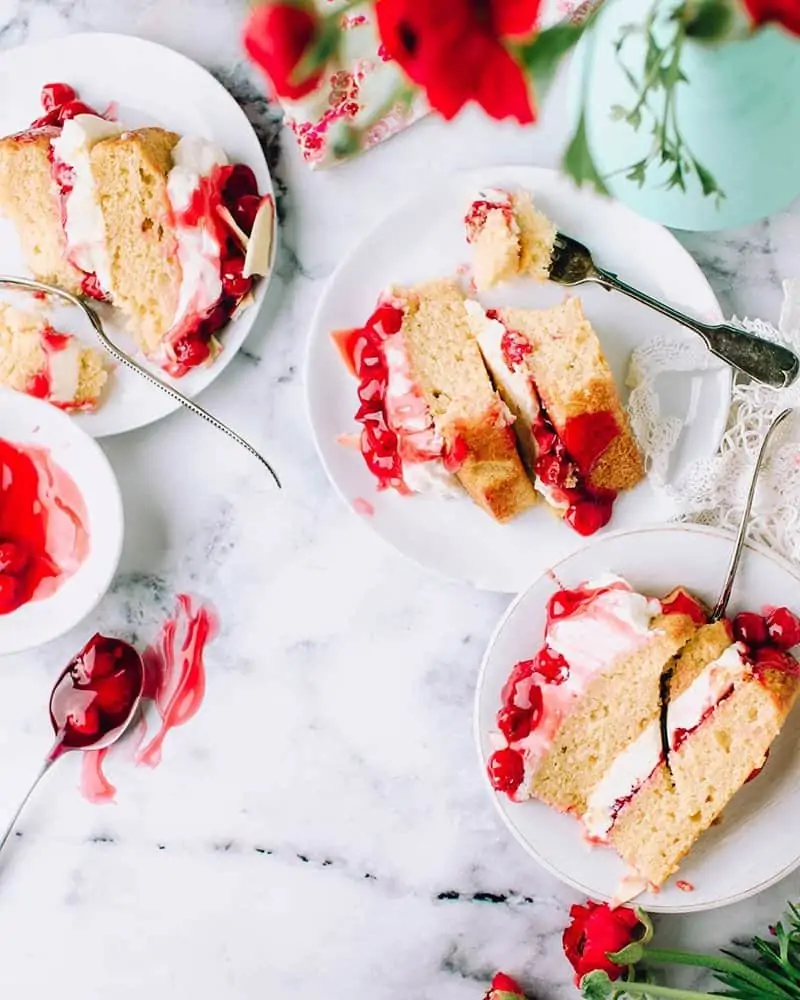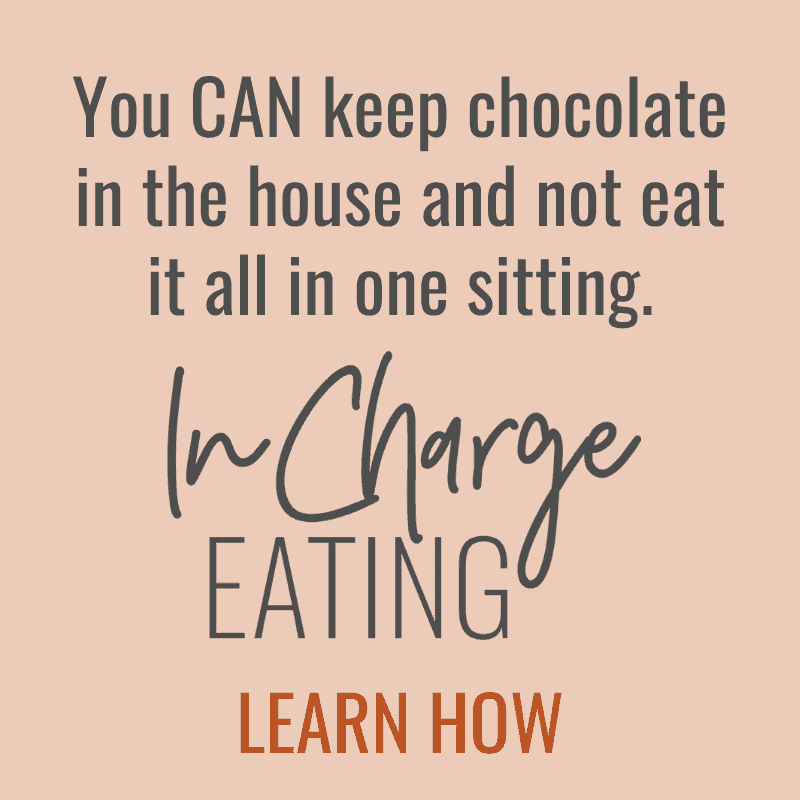Do you know what I mean when refer to ‘food snobs’? I reckon we all know at least one in our lives. They are great people, but their love of grass-fed things, farmers markets, single origin coffee, Japanese knives, degustation menus, thrice cooked chips in duck fat and anything that has ‘artisan’ in its name can sometimes leave us eye-rolling at the pretentiousness of it all.
But this article isn’t about tearing down food snobs. Quite the opposite actually. Why? Because, even though they can be painful at times, food snobs can teach us a lot about being mindful eaters.
Don’t believe me? Here are five things we can learn from food snobs when it comes to eating mindfully.
1. They appreciate where their food has come from
Paddock to plate, farm to fork, foraged from a secret location, free range, or grown on a rooftop. You must admit; food snobs do show an appreciation for where their food has come from.
Adopting an attitude of gratitude is one of the subtler parts of mindful eating. Taking a pause before a meal to appreciate how the plate of food in front of you came to be; whether that is thinking about its origins, or just being appreciative for the person who prepared and cooked it for you, is a simple way to get yourself in the mindful eating ‘zone’.
Doing this allows you to bring your focus in onto your food and that focus has a positive vibe to it. From here, it is a lot easier to start eating your food mindfully.
2. They tend to eat with all five senses
Yes, their lengthy descriptions about the complex flavours of the wagyu patty, the delicate crumb of the brioche bun and subtle aroma of truffle in their burger can be super annoying.
But food snobs are able to describe food to that level of detail by REALLY paying attention to what they are eating with all their five senses.
Mindful eating is about focusing our attention, on purpose, on the act of eating. It involves eating with awareness of all our senses- our sight, sound, touch, taste and smell.
Food snobs are, without really having to think about, eating mindfully. So rest assured, if you are new to mindful eating, that subconscious ability to just be mindful while eating is possible – it just might mean you have to do some deliberate mindful eating practice to start with to build those skills.
3. They are adventurous with their eating
Food snobs are always looking for that next amazing eating experience. They are not afraid to try new ingredients or styles of preparation or cooking. They love to eat weird combinations of foods and flavours that don’t traditionally go together. In other words, they are adventurous and CURIOUS with their eating.
Being a mindful eater is all about getting curious about food and eating. It may not be about trying to find the next doughnut/croissant/cupcake fusion. It may just be noticing how different foods feel in your body.
Maybe you discover the foods that satisfy your physical hunger better than others?
Or, how if you eat regularly over the day, you don’t tend to overeat at the end of the day and then feel bad about yourself.
You might find that you actually don’t love smoothie bowls as much as you thought and that you have only been eating them because everyone with a ‘perfect body’ on Instagram eats them.
It CAN also be about stretching yourself and exploring new foods, or foods which you have previously deemed ‘off limits’ because of beliefs or rules you have. For example, being curious to see what happens when you keep a whole block of chocolate in the house and allow yourself unconditional permission to eat it.
4. They are discerning about their food choices
Food snobs know what they like, and they won’t bother eating foods they don’t enjoy. This is a bit of ‘advanced mindful eating’ and ties in with the point above about being curious with your food.
Unconditional permission to eat ALL foods, appreciating that food IS meant to be pleasurable, tuning into hunger and fullness and eating with all your senses, does over time, clue you in to exactly the types of foods you REALLY enjoy and those that make your body feel its best.
People who have been practising mindful eating for a while often find that those foods they thought they couldn’t keep in the house because they felt they had no ‘willpower’ around them, aren’t that appealing anymore. And in some cases, they work out that, truthfully, they don’t even like them!
Or, foods which seemed too tempting, are now eaten and enjoyed and they move on with their life.
Or, if they are going to have cake, it is going to be the best darn cake they can find and afford, rather than rapidly shoving a crappy one in their mouth, over the sink, while no-one is looking.
5. They are judgemental about their food
OK, this is one thing food snobs do which can teach us a valuable lesson in what NOT to do.
Food snobs often look down their noses at other people’s food choices. They scrunch up their face in distaste if you mention you are going to a restaurant they didn’t think was any good. Or, they question why you would cook, eat, buy certain foods because they think THEIR way is better.
There is a difference between being a discerning foodie and being judgemental.
How does that fit in with mindful eating?
Categorising foods as ‘good’, ‘bad’, ‘naughty’, ‘guilt-free’ is bringing judgement to your food and eating.
Thinking you are better than everyone else because you don’t let sugar or processed food pass your lips is being judgemental.
Eating something and then feeling compelled to ‘burn it off’ with exercise is being judgemental.
Believing that organic fruits and vegetables are best and that anything less is not healthy enough is being judgemental.
These thoughts and behaviours become barriers to reconnecting with our body and letting it guide when, what and how much to eat. And so, they are things we can leave out of our mindful eating practice.
So, there you have it. Yes, this was a bit of a tongue in cheek look at mindful eating, but there might just be something we can borrow from food snobs – just checking our privilege and judgement at the door!
Originally published July 2017.


 Hi! My name is Nina.
I’m a Certified Intuitive Eating Counsellor taking the ‘diet’ out of Dietitian. I am here to help you reject diet culture, tune into your body’s own inner wisdom about how to truly nourish yourself and ultimately feel good eating™
Hi! My name is Nina.
I’m a Certified Intuitive Eating Counsellor taking the ‘diet’ out of Dietitian. I am here to help you reject diet culture, tune into your body’s own inner wisdom about how to truly nourish yourself and ultimately feel good eating™ 

What an excellent post. One of my favorites of yours so far. I particularly like that you added that judgmental part in at the end with the various examples.
I love this post! I feel like “food snobs” get a very bad reputation so I appreciate how you offered another way to look at it!
I love this! So many good points and even though it’s a light-hearted comparison, these are things I notice so many people missing out on when they’re wrapped up in diet culture. Thanks for sharing, I’ll definitely be passing this post along to others!
Very true Cara. Thank you for reading and please share it around